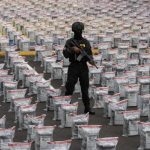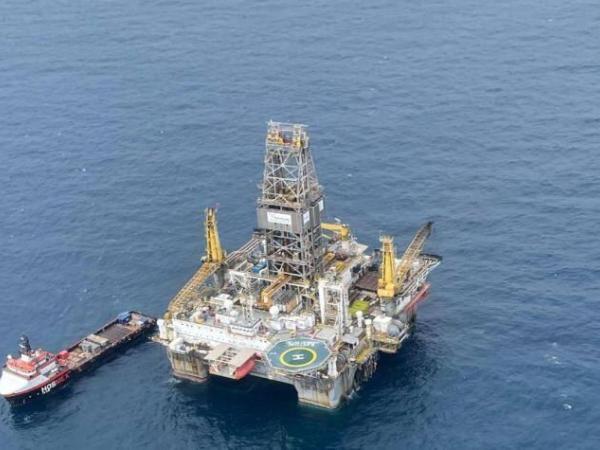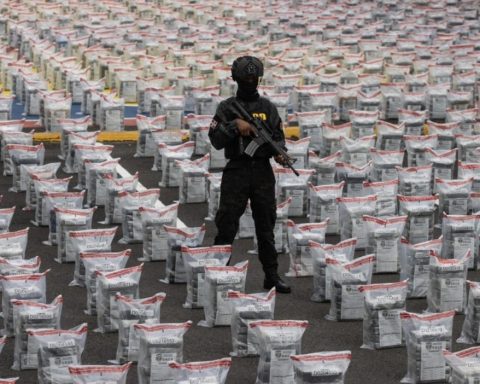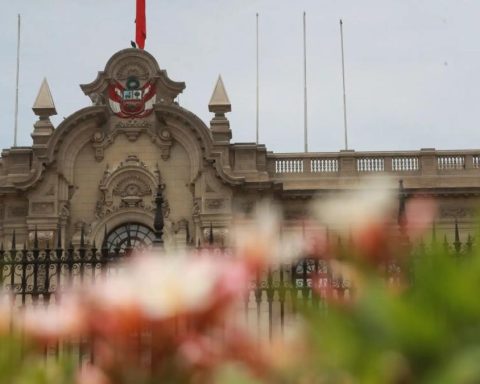On national television, the President of the Republic, Gabriel Boric, delivered the details of the first Budget Law of his Government for 2023.
The President stated that “with this new budget, we give priority to public spending based on your needs, which in turn are the priorities of our Government to improve people’s lives.”
In detail, the budget for 2023 is made up of three main pillars:
The first of them, “dealing with the economic difficulties that affect them by promoting growth, public and private investment, and job creation.”
“Second, we will allocate all the public resources that are necessary to protect people’s safety. Well, just as we have the firm conviction that Chilean men and women have the right to a decent pension, to quality health, to an education of quality, we also know that public security is a right: the right to live in peace and without fear,” he added.
The third point will have a “great emphasis on social security, because we want to build a fair country for everyone. One that protects, that welcomes, that provides social security to all those who build it day by day.”
“This budget will expand spending by 4.2% for the year 2023 in relation to the previous budget, and is designed to concretely solve the problems of people with a solid foundation of fiscal responsibility, just as you do in your homes” , added Boric.
Specifically, the President explained that his Government will allocate “$1.6 billion in an Infrastructure Program for Development”, which in his opinion “will allow us to continue improving and building roads, bridges and airports throughout Chile”.
Along these lines, Boric assured that the investment will allow “advance in our train policy for Chile; in building solutions for the alluviums in the Paipote ravine in Atacama; to improve the coastal road in the Boyeruca sector in the Maule; and to strengthen our sports infrastructure to host the Pan American and Parapan American Games in 2023”.
For the southern part of the country, the head of state reported that “around $403 billion of public investment will be allocated to the Good Living Plan, which seeks to improve the quality of life of the communities and inhabitants of the region of La Araucanía and the Provinces of Arauco and Biobío in the Biobío region”.
In terms of public security, the President pointed out that the country is going through a crisis that is altering “the daily life of Chilean families”, for which he emphasizes that “we are going to put the money where we put the words.”
“The forces of order and security are a crucial actor in stopping the advance of crime and delinquency. For this reason, the budget associated with Public Order and Security will increase by $164 billion, that is, 4.4% more than this year,” he reported.
As a result of the situation in the country with organized crime, the head of state indicated that “we will allocate $38 billion to execute the new National Policy Against Organized Crime, which will strengthen the operational capacity of the institutions involved in the persecution of organized crime. criminals, supporting the Carabineros and the PDI”.
Likewise, he pointed out that “we need a greater police presence and improve their response times,” for which he declared that the Carabineros budget will be increased by $25 billion.
As for social security, he said that “along with continuing with the Labor IFE, the Guaranteed Minimum Income, the Protect Subsidy and the Protected Basket Bonus”, “they will add up to more than $750 billion” with a focus on investment in health, education , housing and decent pensions.
On the other hand, the Government celebrated the free delivery to Fonasa users with the “Zero Copay”, which “has been recognized internationally as a step towards a Universal Health System for Chile.”
“To continue on this path, we will launch our Universal Primary Care pilot plan, thinking about improving your office, delivering drugs at home, purchasing medicines, supplies and medical devices for patients with GES and non-GES treatment. with a focus on disease prevention,” he said.
The head of state commented that “of the entire increase in public spending for next year, 60% will be used to finance the Universal Guaranteed Pension (PGU), the result of the great agreement reached by the National Congress at the end of 2021 during the government of former President Sebastián Piñera”.
“Specifically, there are almost 2,300,000 people who will have a guaranteed pension of $193,917 as a result of the expansion of coverage to 90% of people over 65 years of age,” he added.
For this, he maintained that “we cannot remain calm, continuing to increase the pensions of the elderly in the short term is the goal that we have set for ourselves as a Government until we reach at least $250,000 monthly PGU.” “For this, the resources generated by the Tax Reform that is currently being discussed in Congress and that I hope the parliamentarians will see fit to process quickly will be essential,” he warned.
“As President of Chile, I have delivered the clear instruction to mobilize all the resources we have available to boost our economy and take care of the most pressing needs and concerns of our compatriots,” concluded the President.


















